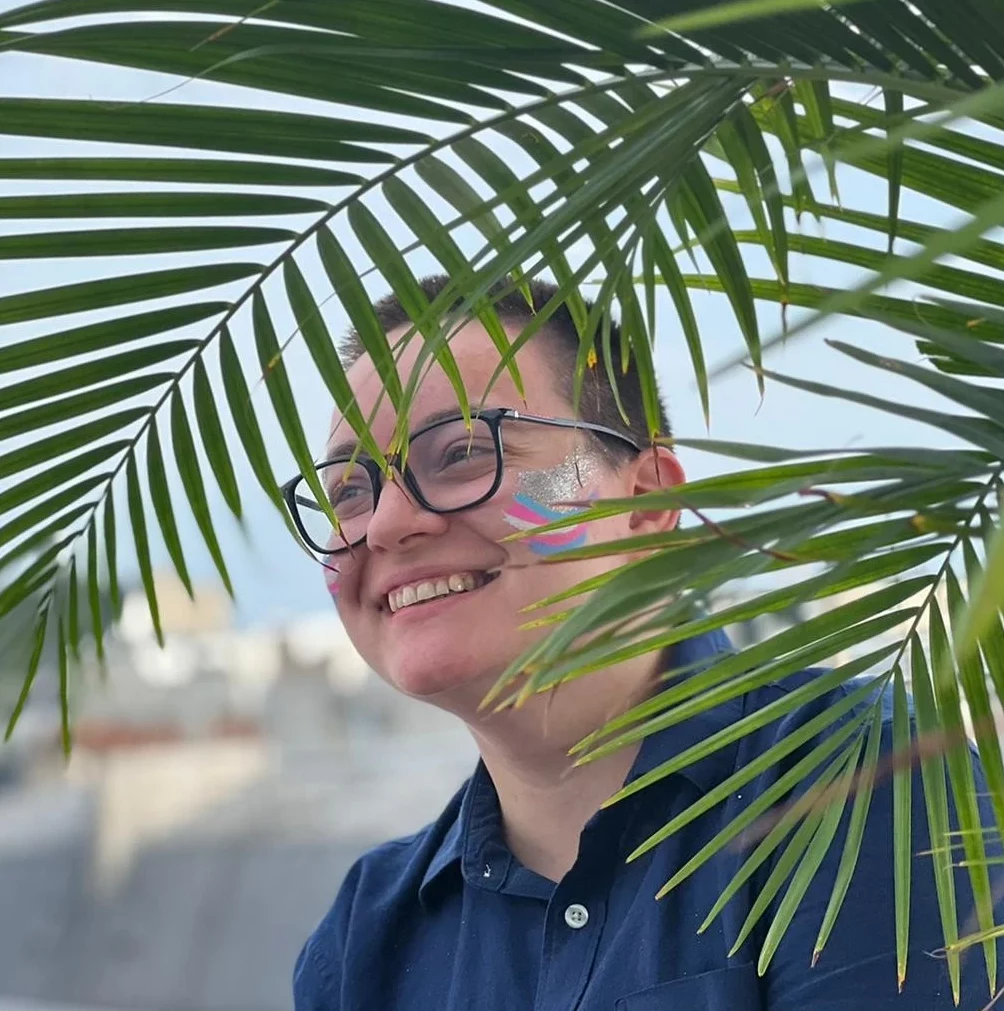A queer hijabi Muslim immigrant survives her coming-of-age by drawing strength and hope from stories in the Quran in this daring, provocative, and radically hopeful memoir.
The original title of this book was Maryam Was a Dyke, as Lamya H said in their interview on the podcast Gender Reveal (if you speak English, grab the episode or transcript, if you prefer French, the translated transcript will be on this blog soon). They then changed it because some friends said that would alienate more traditional Muslim readers, who would be feeling defensive before even starting to read.
Makes sense!
I, however, am not a Muslim reader, regardless of tradition. My main relationship to Islam is that every year for about a month, I feast on pastries and dried dates thanks to my local supermarket’s Ramadan aisle. (Okay, I do have a bit more knowledge and personal relationship to this religion, but it’s not relevant to what I’m about to say and I was reminded yesterday by Auchan that Ramadan aisle time has come again).
For reasons that have nothing to do with my faith, I still don’t think I would have picked up this book if it had been called Maryam was a Dyke. And I would have missed out on something incredible.
Hijab Butch Blues only has the butch in common with Stone Butch Blues, from which it gets its name. Everything is else is new and shiny − especially to me, a person interested in religion and faith, interested in queerness, interested in anti-racism, but with wildly different experiences and characteristics as Lamya H.
This read was both engaging and instructive − I related to so much, and learnt so much about what I did not − cannot − relate to. It’s respectful of everyone and tells a story that needs to be heard again and again by people like me. I think Hijab Butch Blues is a memoir that works for absolutely everybody, always holds you by the hand without ever being condescending, and beautifully mixes the concrete, easy to grasp anecdotes and the more philosophical thinking that goes behind how these little stories were perceived and how they affected Lamya H to this day.
Honestly one of the best memoirs I’ve read, and one of my best reads of 2024 so far.
